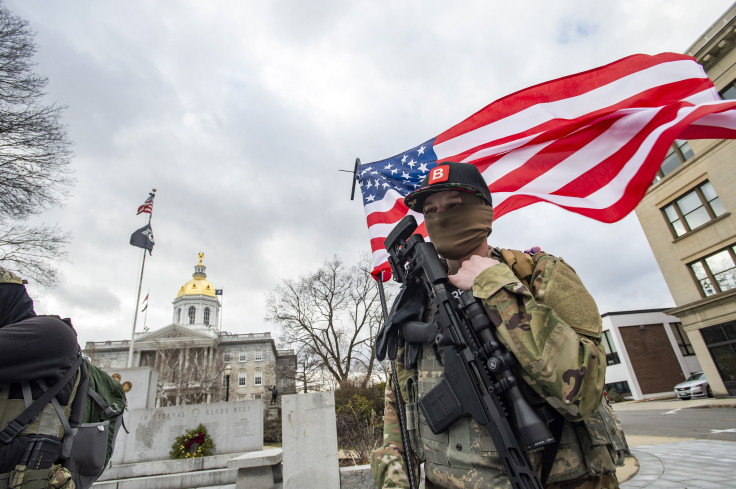
As Donald Trump prepares for a second term, his renewed promise to use the military to round up and deport millions of undocumented migrants has reignited debates about its potential impact and legality. The plan, which would declare immigration enforcement a national emergency, could involve unprecedented measures, including deploying armed forces on U.S. soil.
Experts warn of far-reaching consequences. Economists highlight the vital role of immigrants in sectors like agriculture and construction, arguing that mass deportations could harm the economy. Trump's mass deportation plan could slash U.S. GDP by up to 6.8%, a report from American Immigration Council shows. Social scientists point to the devastating effects on families and communities. A growing concern, however, centers on how domestic militias might respond to Trump's hard-line stance.
Many militia groups, long critical of the federal government, might paradoxically align with Trump's immigration agenda. "Some militia units may see it as their duty to assist with such efforts. In fact, local police may even deputize certain militias to help them deport immigrants", Amy Cooter, Director of Research, Academic Development, and Innovation at the Center on Terrorism, Extremism, and Counterterrorism, Middlebury, wrote in an article published in The Conversation.
Tim Foley, leader of Arizona Border Recon, a civilian patrol group operating in Arizona's Altar Valley, told Wired he has been in contact with the incoming Trump administration and expects to serve as a "valuable resource".
The incoming "border czar," Thomas Homan, recently acknowledged significant civilian interest in supporting these efforts in an interview with Fox News: "There's a lot of good patriots. Thousands of retired agents, border patrol agents, retired military who have volunteered to help secure the border."
Research shows that militia members often view undocumented migrants as threats to public safety — a belief rooted in xenophobia or misunderstandings about immigration laws. These groups, self-proclaimed defenders of national security, could see military involvement in deportations as legitimizing their participation.
Militias have historically patrolled border areas, detaining migrants and reporting them to authorities. In some instances, local law enforcement has tacitly or openly collaborated with these groups. The possibility of formal deputization by police or direct appeals from the federal government raises alarms about vigilante actions.
Trump's rhetoric has previously emboldened militias. During a 2020 debate, he infamously told the Proud Boys to "stand back and stand by," a comment many interpreted as a call to readiness. His pardons of individuals involved in the 2016 Bundy standoff further cemented his support among militia circles.
In recent months, tensions have escalated. In Texas, Governor Greg Abbott deployed the state's National Guard to block sections of the U.S. Border Patrol, citing an "invasion" of migrants. Meanwhile, two militia members were convicted in November 2024 for plotting to kill Border Patrol agents, whom they accused of failing to secure the border.
Not all militia members agree with using the military for deportations. One member, speaking anonymously, emphasized the separation between military and law enforcement roles. "The military is the military, and law enforcement is law enforcement," he said, warning that merging the two could be more harmful than the perceived threats posed by undocumented migrants.
© 2025 Latin Times. All rights reserved. Do not reproduce without permission.









